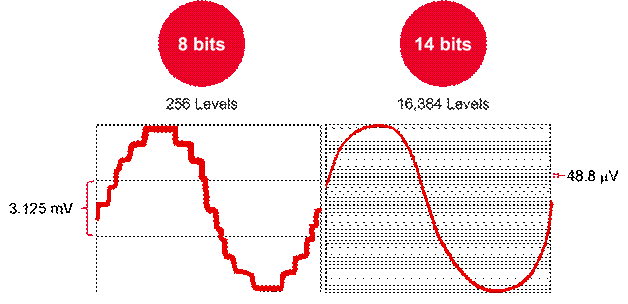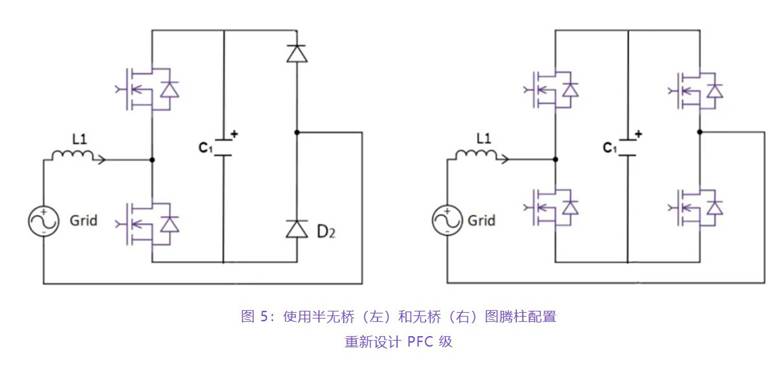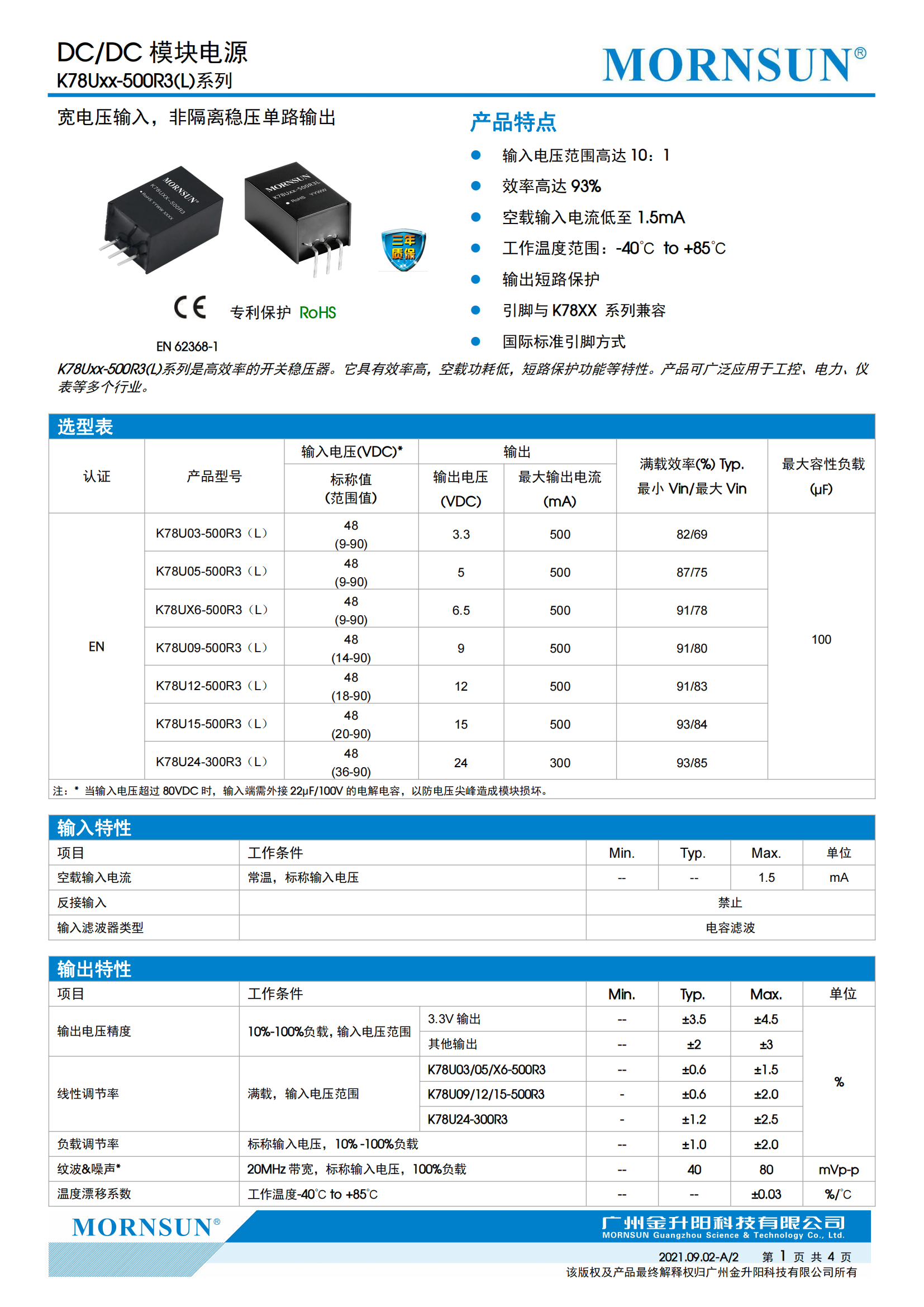一. 程序功用
编写程序完成对输入的字符串排序, 假如主函数传递了-n参数, 则按数字排序,不然按字符串排序.
一起,假如传递了-r参数,则降序, 不然升序.
一起,假如传递了-f参数,则不区别大小写
一起,假如传递了-d参数,则只是对alpha字符排序.
一起,假如参数中有+2 -10,则只是比较第2个字符到第10个字符
二. 程序源码
//main.c
#include
#include
#define NUMERIC 1
#define DECR 2
#define FOLD 4
#define DIR 8
#define MAXLINES 5000
#define MAXLEN 1000
#define MAXSTORAGE 10000
char *lineptr[MAXLINES];
char lines[MAXSTORAGE];
int charcmp(char *, char *);
void error(char *);
int numcmp(char *, char *);
void readargs(int argc, char *argv[]);
int p_readlines(char *lineptr[], int maxlines);
void p_qsort(void *v[], int left, int right, int (*comp)(void *, void *));
void writelines(char *lineptr[], int nlines, int order);
char option = 0;
int pos1 = 0;
int pos2 = 0;
int main(int argc, char *argv[])
{
}
void readargs(int argc, char *argv[])
{
}
int p_readlines(char *lineptr[], int maxlines)
{
}
void writelines(char *lineptr[], int nlines, int order)
{
}
void swap(void *v[], int i, int j)
{
}
int getline(char s[], int lim)
{
}
void p_qsort(void *v[], int left, int right, int(*comp)(void *, void *))
{
}
void error(char *s)
{
}
//numcmp.c
#include
#include
#include
#define MAXSTR 100
void substr(char *s, char *t, int maxstr);
int numcmp(char *s1, char *s2)
{
}
#define FOLD 4
#define DIR 8
int charcmp(char *s, char *t)
{
}
//substr.c
#include
void error(char *);
void substr(char *s, char *str)
{
}








